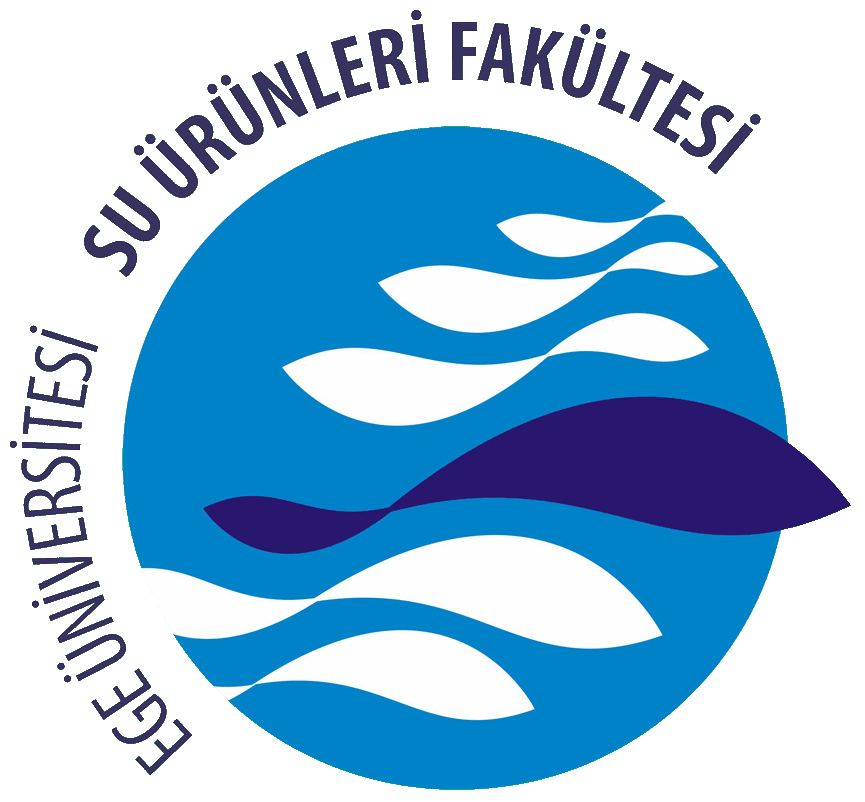Department of Fishing Technology and Seafood Processing Technology
Head of Department : Prof.Dr.Tevfik Ceyhan
Vice Head of Department: Prof.Dr.Aslı Yünlü
Vice Head of Department: Assoc.Prof.Dr. Ozan Soykan
Department of Fishing Technology and Seafood Processing Technology is one of the three departments of Ege University Fisheries Faculty. The department consists of two divisions as Fishing Technology Section and Seafood Processing Technology Section. There are 15 Professors, 7 Associate Professors, 1 Assistant Professors., 1 Dr. Lecturers, 1 Dr. Research Assistants and 1 Dr. Engineer as total of 26 academic staff working in the department.
In the field of study and education subjects in our department are commercial and amateur fishing, fishing gears and methods, fishing gear selectivity, fish behavior, population dynamics and fish stocks assessment, artificial reef, remote sensing and geographic information systems, lagoon fishing and management, marine protected areas, fishing vessels and equipment, fisheries cooperatives, sustainable fisheries policies and fisheries economy and management, quality in aquaculture, chemical composition determination, new packaging technologies, product development and quality improvement, by-product technologies, seafood chemistry and microbiology, seafood safety and quality management.
Trainings are done; laboratories in Urla and Bornova Campuses (fishing gear, fish biology, seafood microbiology and chemistry), marine studies on our research vessel (EGESÜF) in the Urla unit, and our Homa Dalyan located in Çamaltı Tuzlası.
Mission of the Fishing Technology and Seafood Processing Technology Department:
To train Aquaculture Engineers equipped with the knowledge and skills to serve in the field of aquaculture, who can take part in the development and management of aquaculture in line with the goal of environmental friendliness and sustainability, adhere to universal and professional values, present their knowledge and experience for the benefit of society, and adopt the importance of lifelong learning in the fishing and seafood processing.
Vision of the Fishing Technology and Seafood Processing Technology Department:
Being a leader in scientific research in the Fisheries Engineering, Department of Fishing Technology and Seafood Processing Technology, a strong cooperation, and communication network with its national and international stakeholders, offers student-oriented, quality priority and sustainable development education and training activities, and being strengthens its education and training activities and also to be a department that always cares and protects its graduates employed in the public and private sectors, and supports national and international cooperation.









